2 Ways to Avoid Paying Capital Gains on the Sale of Your Home
“In this world nothing can be said to be certain, except death and taxes.”
– Benjamin Franklin, 1786
Unless you live in a utopian anarchy, taxes are a certainty. However, there are 2 ways to avoid paying capital gains on the sale of your home!
1031 Exchange vs Capital Gains Exclusion
The first, more well-known way to avoid paying the tax man is a 1031-Exchange. Unless you are an investor, this means absolutely nothing to you. Many homeowners fear the thought of selling their home because of the capital gains taxes that will be collected, but
a 1031-Exchange does not apply to a residential homeowner!
Before you scream in anguish, let me explain how this is a good thing!
Capital Gains Exclusion
The Internal Revenue Service (IRS) has a loophole for homeowners regarding capital gains.
It is so simple and easy to apply for, you are going to wonder why you worried in the first place!
According to the IRS,
“In general, to qualify for the exclusion, you must meet both the ownership test and the use test. You are eligible for the exclusion if you have owned and used your home as your main home for a period aggregating at least two years out of the five years prior to its date of sale. You can meet the ownership and use tests during different 2-year periods. However, you must meet both tests during the 5-year period ending on the date of the sale. Generally, you are not eligible for the exclusion if you excluded the gain from the sale of another home during the two-year period prior to the sale of your home”
In English, all you need to do to qualify for the capital gains exclusion is to live in your house for 2 years or more during the 5 years prior to the sale. You can’t claim the exemption if you’ve already claimed another exemption during the 2 years prior to the sale.
The one limit to this exemption is if you profit over $250,000 on the sale. While that is highly unlikely on a normal residential purchase, the 250K is only for single persons. It increases to $500,000 if you’re married or in a domestic partnership!
Pretty simple and way better than the 1031-exchange!
A 1031-Exchange is beneficial to investors, though.
1031-Exchange
The concept is simple, but I recommend speaking with a lawyer about the details! You sell a property and defer the taxes by reinvesting them into a similar property. For example, you sell a residential rental property, you can then avoid paying capital gains on the sale of your property by purchasing another residential rental property. The annoying part of this is that
you must find the replacement property within 45 days and the transaction must be closed within 180 days.
Conclusion
There are 2 ways to avoid paying capital gains on the sale of your home. The important concepts to remember is that a 1031-Exchange DOES NOT APPLY to residential homeowners, but it is a great thing for investors. Likewise, residential homeowners have their own capital gains exclusion and it is at least 10x better than a 1031-Exchange! If you have any questions or would like advice from a real estate consultant on the sale of your home, contact me today!
For more information on Capital Gains Exclusions and 1031-Exchanges, check out the following links:

